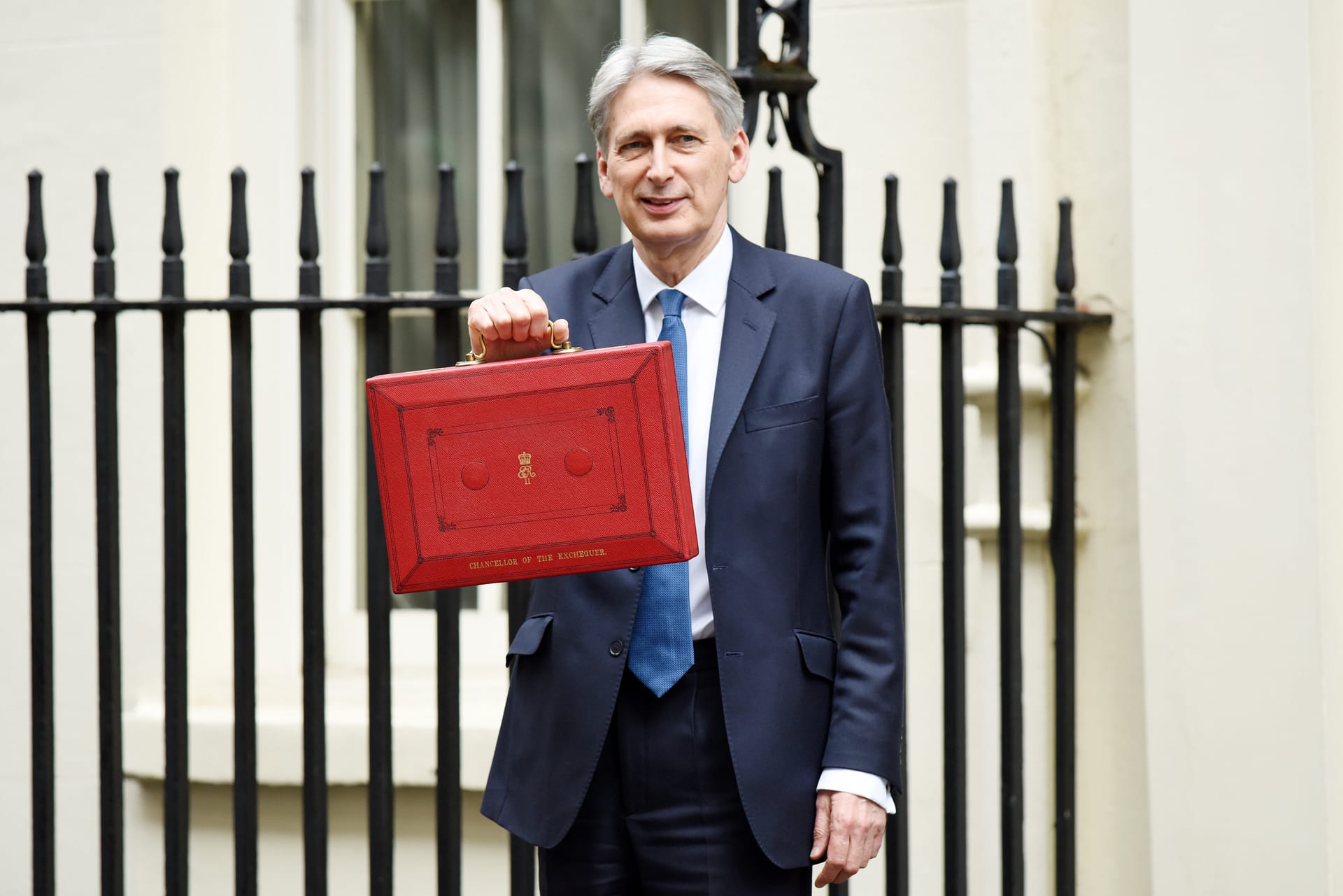The latest figures from HM Revenue and Customs (HMRC) show that inheritance tax receipts increased to £7.5 billion from March 2023 to April 2024, the highest value ever recorded.
This is a £400 million increase from the same period in the previous tax year, and continues an upward trend over the last two decades.
Inheritance tax receipts could top £9.5 billion before the end of the decade.
While only 4% of estates are currently liable to pay IHT, the IFS estimates that the proportion of deaths resulting in inheritance tax is set to grow to over 7% by 2032–33.
The number of people affected by inheritance tax will be still larger. By 2032–33, they predict that one in eight people will have inheritance tax due either on their death or their spouse or civil partner’s death.
For those that are picking up the ‘death tax tab’, Wealth Club calculations suggest the average bill could increase to £243,000 in the 2023/24 tax year, with over 31,000 families having to hand over part of their inheritance to the taxman. This is a steep 13.3% increase from the £214,000 average paid just three years ago and a 15.9% rise in the number of estates paying the tax.
Nicholas Hyett, Investment Manager at Wealth Club said, “It may only be paid by a small minority of taxpayers, but for those picking up the death tax tab, the bills are eye watering.
And it’s not just the wealthiest families that are being dragged over the threshold for inheritance tax. Increasing house prices, coupled with threshold freezes, mean more families are getting caught out by this most hated of taxes despite their quality of living remaining unchanged.
In the last six months the government has faced increasing calls to abolish the tax altogether, or at least to introduce radical reforms. Evidence from countries such as Sweden and Australia suggests reform could have positives aside from endearing politicians to voters. Abolishing inheritance tax has been linked with a decline in the number of businesses relocating overseas, and an increase in the number of wealthy individuals choosing to move to the country.
In the meantime, the good news is that there are still lots of legitimate ways for individuals in the UK to pass on money free of inheritance tax.”






Leave a Comment